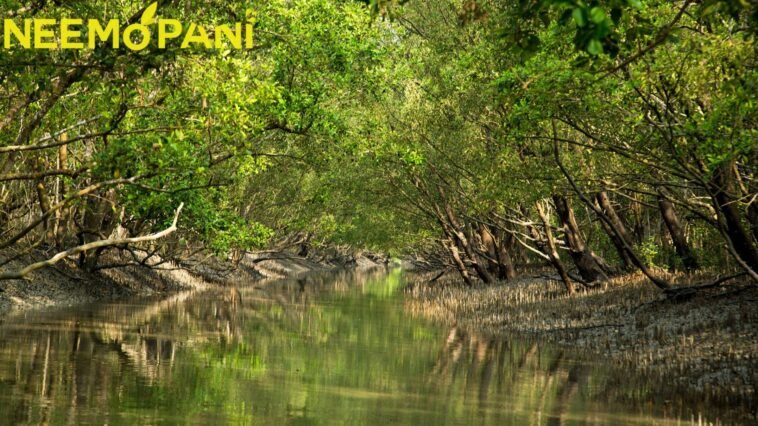Tourists damaging the ecology by littering in the biggest mangrove forest in the world prompted conservationists in Bangladesh to call for a ban on single-use plastics in the World Heritage site on Tuesday. Thus, Bangladesh Bans the use of Plastic Bags in Mangrove Forests and wishes to protect mangroves.
The Sundarbans forest, which runs down the coast of Bangladesh, is home to some of the most endangered animals on the planet, such as the Bengal tiger and the Irrawaddy dolphin, amongst others.
On top of the periodic trips made by fishermen and those who gather wild honey who depend on the ecosystem’s riches, there are around 200,000 visitors visit each year, according to estimates provided by the government.
Abu Naser Mohsin Hossain, a government forest conservator, told AFP that tourists who visit the park often bring in the trash like as plastic water bottles, disposable plastic plates, and soft drink cans and bottles.
That is difficult to clean up,” he went on to say.
In addition to preventing coastal erosion and protecting against the effects of harsh weather, mangroves also enhance water quality by filtering out contaminants and acting as nurseries for a wide variety of marine organisms.
They can contribute to the battle against climate change by storing millions of tonnes of carbon annually in the leaves, trunks, roots, and soil of their trees. Bangladesh bans on the use of Plastic Bags in Mangrove Forests which would definitely protect our mangroves.
The Sundarbans provide a natural barrier between the Gulf of Bengal and the coastal settlements of Bangladesh, which are regularly hit by storms during the country’s yearly monsoon. The delta of the Ganges, Brahmaputra, and Meghna rivers forms the Sundarbans.
The development of a coal-fired power station on the northern fringe of the Sundarbans, which began operations last year, is one of the many environmental risks constantly raised by conservationists.
Sharif Jamil, general secretary of the Bangladesh Environment Movement, has stated that the facility continues to pose a serious threat to the environment.





